
In the field with SOCAR Türkiye
At a glance
- Oil and gas companies face challenges when it comes to sustainability and ESG reporting.
- They must balance profit with environmental impact while transitioning to cleaner energy.
- Companies also have an opportunity to question current assumptions, business models and ways of working.
Making sustainability everybody’s responsibility
National oil companies play a critical role in global energy production, yet their environmental, social and governance (ESG) reporting is often deemed to be inadequate, and they face pressure from stakeholders and climate activists to become more transparent and accountable for their actions. A particular challenge that oil and gas companies face is to balance profit with environmental impact by minimizing pollution, ensuring safety, and increasing diversity and inclusion to advance the Sustainable Development Goals (SDGs)– all while they transition to cleaner energy.
As oil and gas companies are big contributors to pollution, they frequently face significant criticisms regarding their approach to sustainability. These criticisms include accusations of spreading climate disinformation, when systematic misleading communication undermines global efforts to address climate change; and greenwashing, where companies are deemed to portray misleadingly positive images of their environmental actions.
SOCAR Türkiye
Suffice to say sustainability is a challenge – sometimes experienced as a headache – for legacy oil and gas companies. But it also presents an opportunity for such companies if, like SOCAR Türkiye, they are prepared to question their assumptions, business models, and ways of working. SOCAR Türkiye, a subsidiary of the State Oil Company of Azerbaijan, is the largest foreign investor in Türkiye – with assets in oil terminals and storage, oil refining, petrochemicals, gas pipelines and distribution, fiber optics and internet service provision, and boasting an employee base of approximately 5600.
Leadership development and sustainability agenda
A partner with IMD since 2018, the company pondered on how to further develop its leaders at the N-2 level (extended leaders) – very much in line with a top executive program that it previously ran with the school. After an initial start in 2020, the N-2 leadership development roll out was put on hold due to Covid-19. By the middle of 2021, IMD and SOCAR Türkiye decided to reset – given the significant changes that had taken place in the company and environment.
The IMD team, led by Professor James Henderson, engaged in an interview tour of the company’s top executives and senior leaders to find out the burning challenges and leadership requirements SOCAR Türkiye was facing over the next five years that would be addressed in the program. One topic overwhelmingly came up through the interviews – how the company would establish and navigate its sustainability agenda.
SOCAR Türkiye’s sustainability transformation
As a result, IMD re-designed the whole program around setting and leading SOCAR Türkiye sustainability transformation, focusing on all 50+ N-2 leaders as the change champions. Indeed, the 6-month program was named SOCAR Türkiye Pathfinder’s Journey – symbolic of the individual and collective responsibility of the N-2 leaders in embarking on a transformational change with the company. This level of responsibility could not be taken lightly, given the spotlight on oil and gas companies and their contributions to climate change. Numerous sustainability questions were facing this prosperous company, which had already successfully invested and built the most modern oil refinery in Europe, integrated it into its petrochemical division, and transitioned from a project-based organization to a mature process-based entity.
Key questions for SOCAR Türkiye
- What would SOCAR Türkiye look like in 10 – 20 years?
- How could it navigate its future into a cleaner, socially beneficial, diverse world?
- At what speed should it transition into greener fuels such as sustainable aviation fuel, green methanol, green petrochemicals, or hydrogen?
- How could it engage in greater community work or incorporate more diversity in its management ranks?
Read the full report.
Research Information & Knowledge Hub for additional information on IMD publications

This episode takes you behind the scenes of a recent gathering led by the World Business Council for Sustainable Development together with IMD, where David Bach sat down with two sustainability leaders.
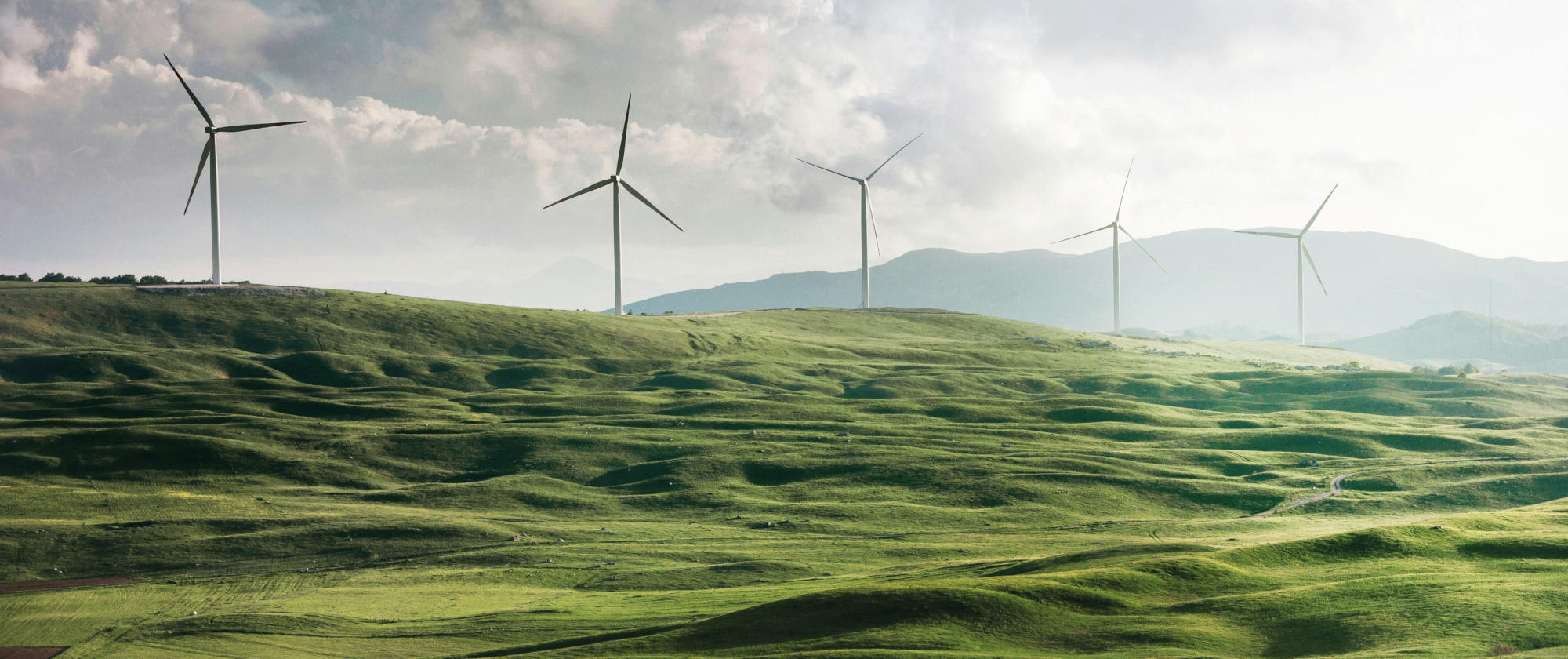
Discover four proven strategies for sustainable and efficient green transition. Split operations with ring fencing to fast-track your green goals.
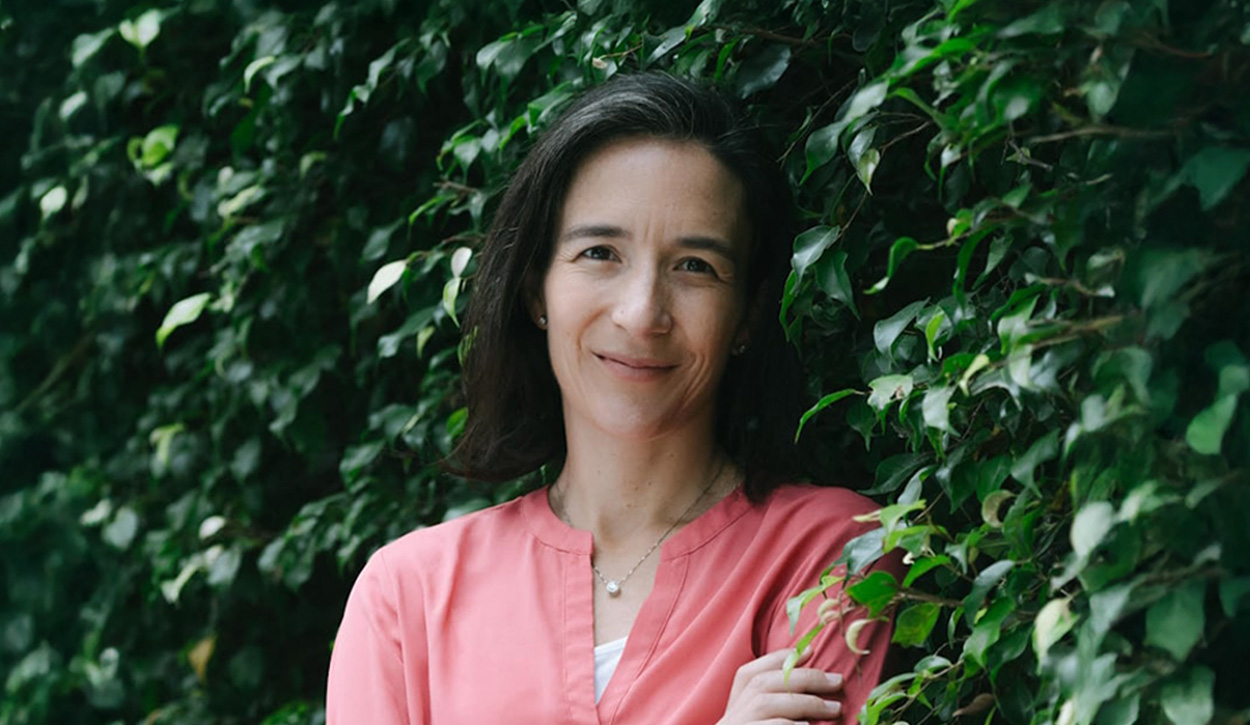
Join IMD Senior Researcher Adrian Dellecker and Mariana Sarmiento of Terrasos to explore business opportunities in voluntary biodiversity credits and environmental innovation.
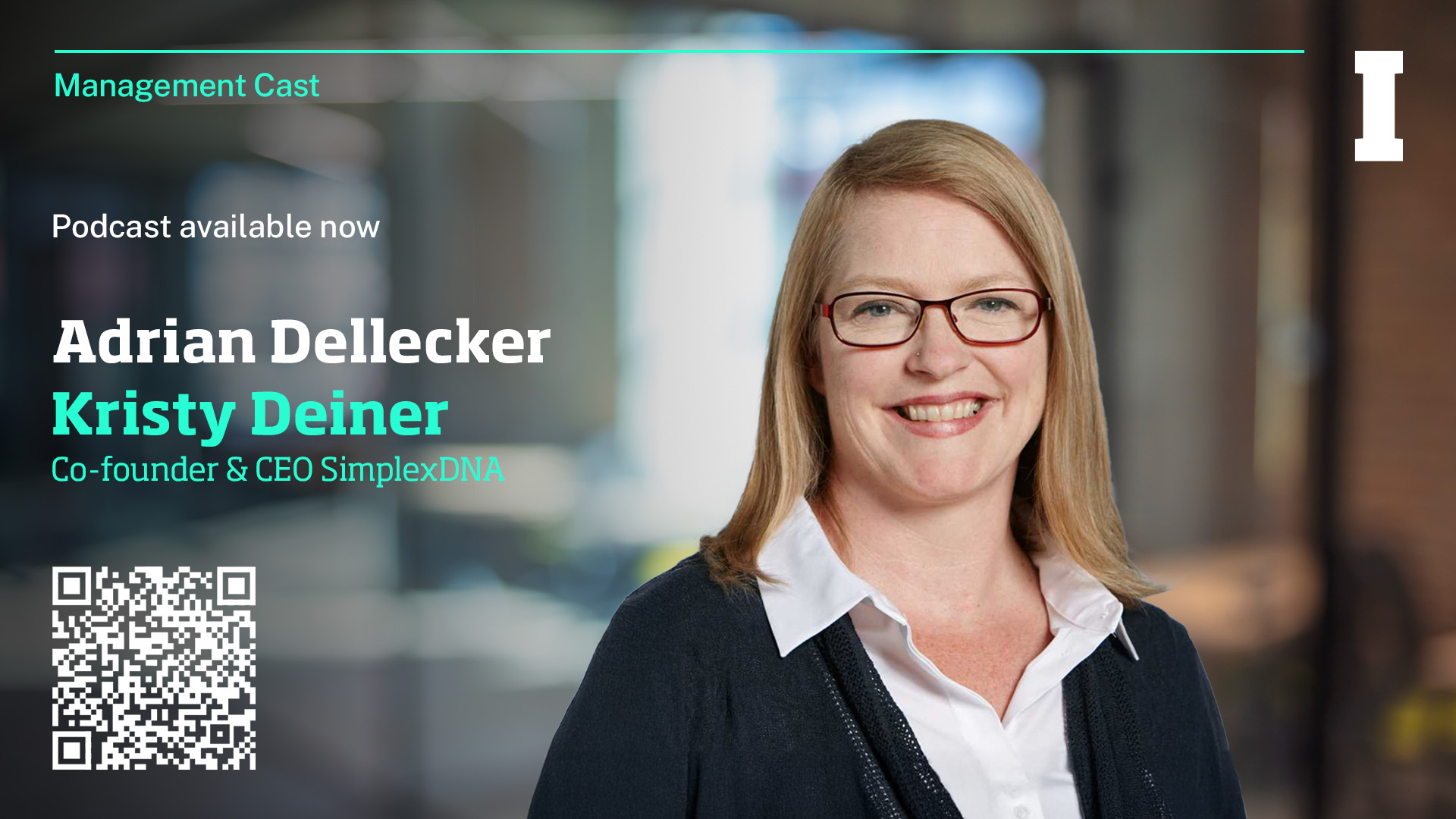
Explore eDNA science with Kristy Deiner on the IMD Management Cast . Learn how genetics, biodiversity, and data analytics shape conservation and the bioeconomy.

Subsidies of renewables has led to electricity prices frequently falling to less than zero leading to opportunities for consumers
The rapid expansion of generative artificial intelligence (GenAI) has delivered significant business advantages, like enhancing automation, efficiency, and decision-making capabilities across industries. However, these innovations come with enviro...
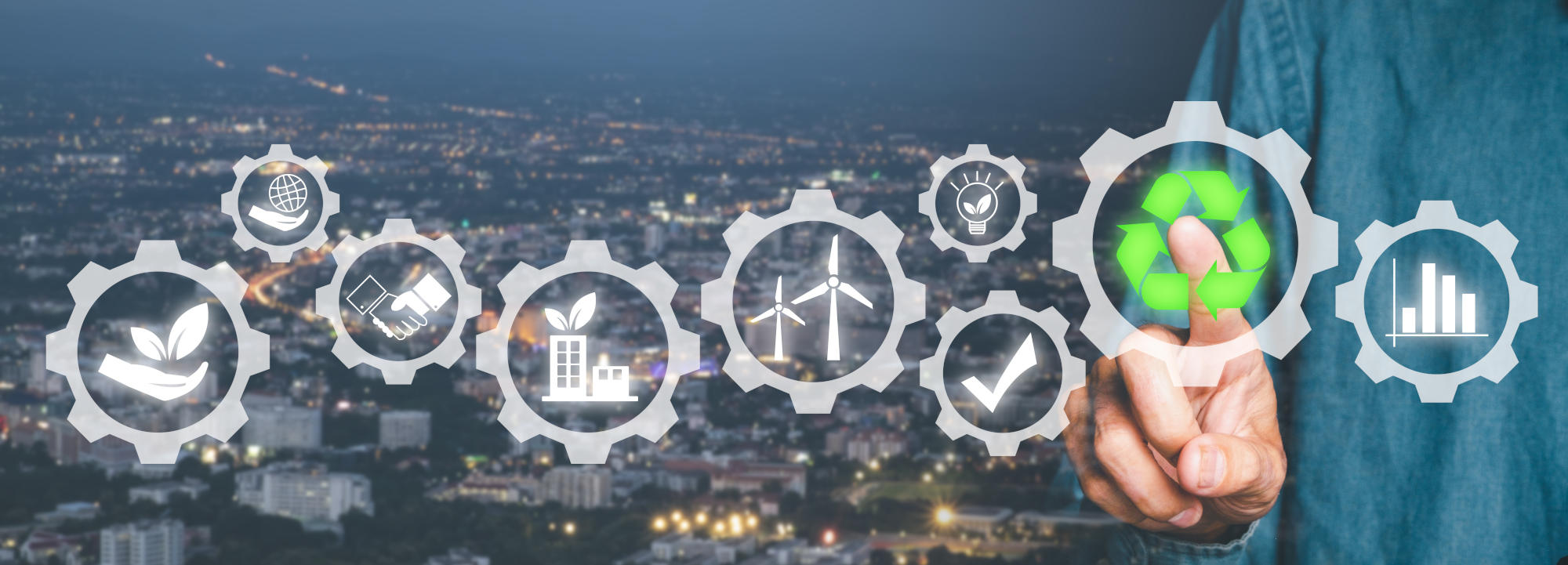
Once corporate activists, today’s CSOs are business integrators. 6 ways the CSO role is evolving: strategist, risk mitigator, innovator, regulator, storyteller, and leader.
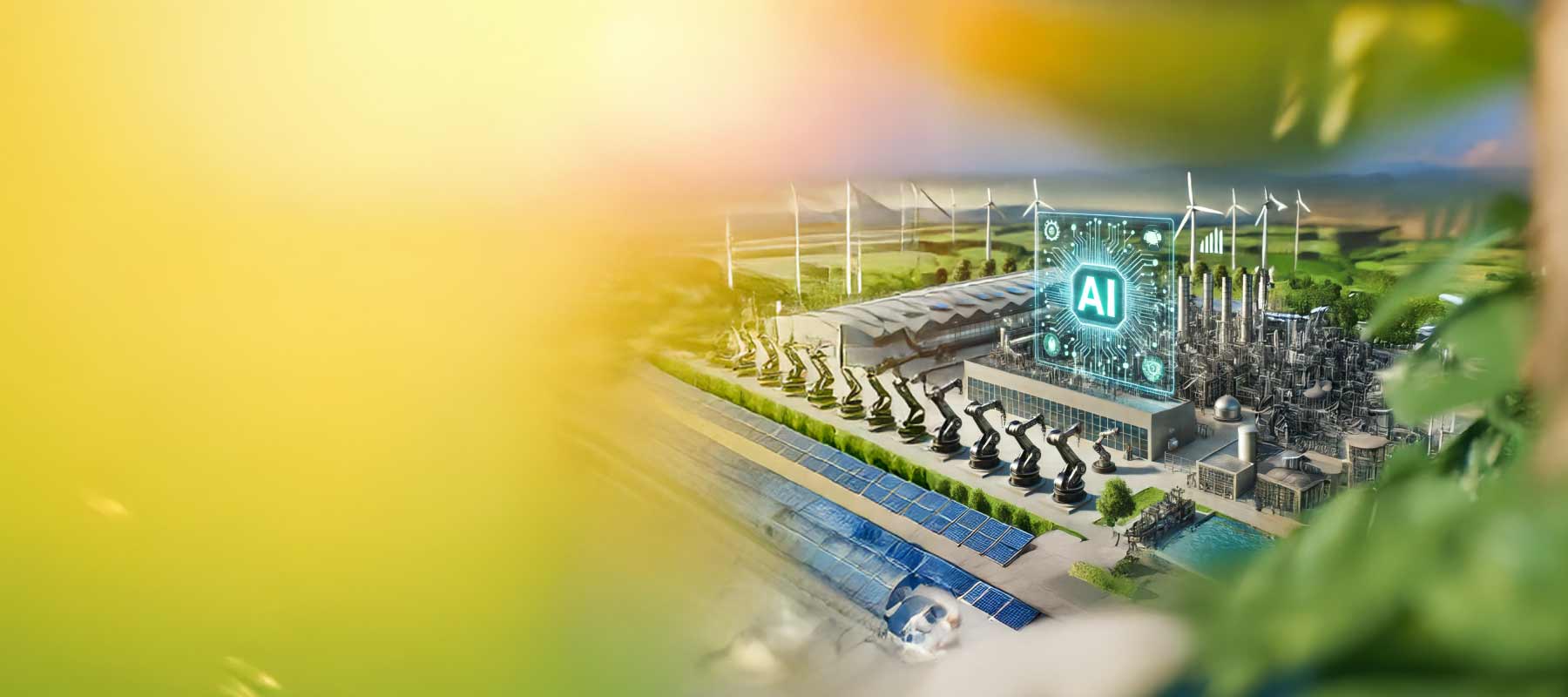
AI is revolutionising industry by improving efficiency and driving sustainability. Discover how data-driven insights shape a greener future

Chanel Global CFO and IMD Executive in Residence Philippe Blondiaux explains how finance leaders can sustain a long-term focus on sustainability while addressing short-term challenges.
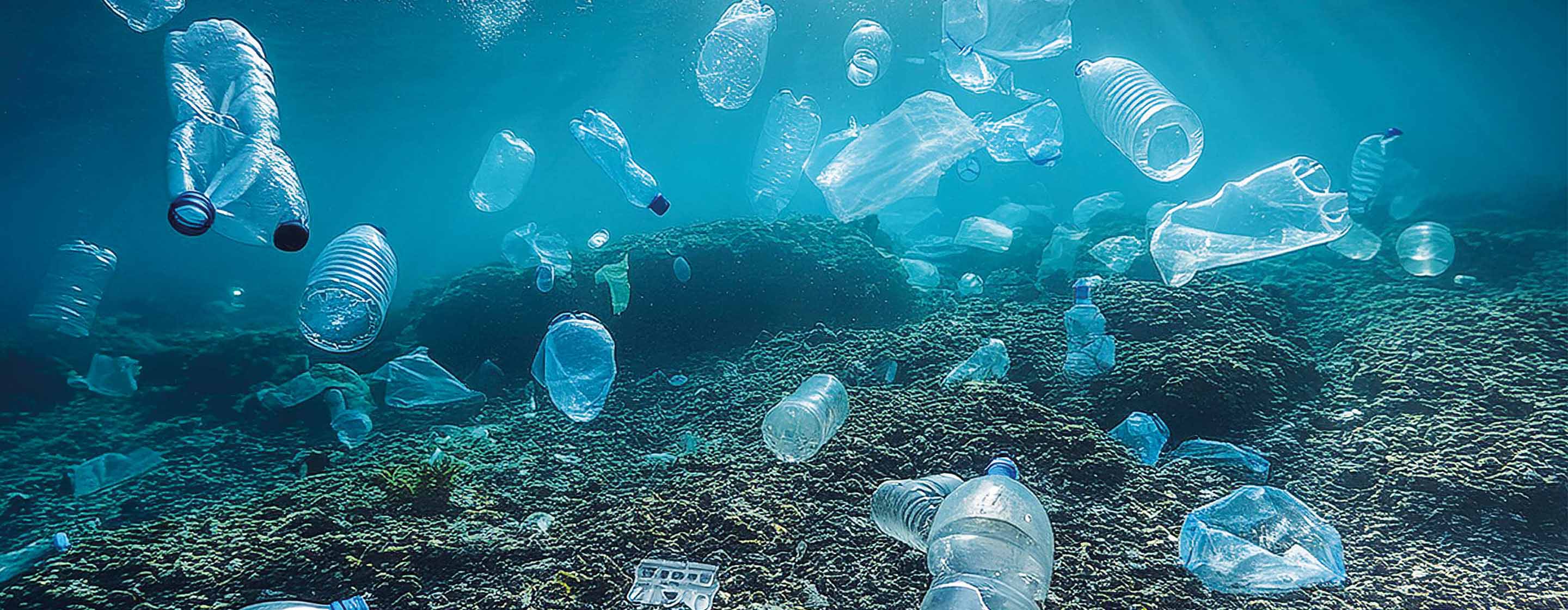
Discover a framework for Responsible Leadership, guiding you to lead with care and ethics in an increasingly turbulent and complex world.
Research Information & Knowledge Hub for additional information on IMD publications
Research Information & Knowledge Hub for additional information on IMD publications
in I by IMD
Research Information & Knowledge Hub for additional information on IMD publications
in I by IMD
Research Information & Knowledge Hub for additional information on IMD publications
Research Information & Knowledge Hub for additional information on IMD publications
Research Information & Knowledge Hub for additional information on IMD publications
in I by IMD
Research Information & Knowledge Hub for additional information on IMD publications
in I by IMD
Research Information & Knowledge Hub for additional information on IMD publications
in I by IMD
Research Information & Knowledge Hub for additional information on IMD publications
in I by IMD
Research Information & Knowledge Hub for additional information on IMD publications

